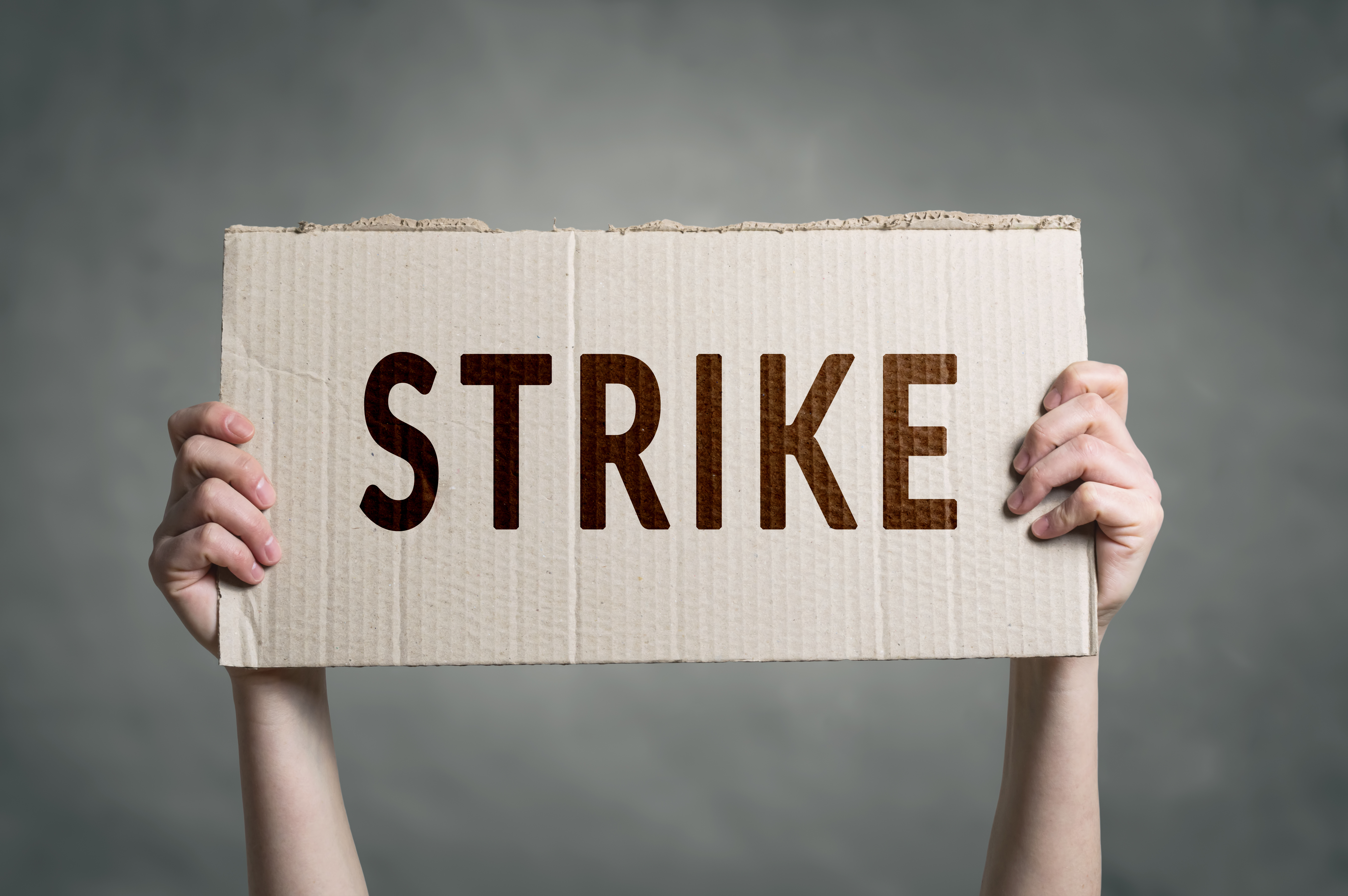20 February, 2023The right to strike is an essential part of freedom of association. While it’s a last resort, without it, workers and unions lack the power to defend their positions against the economic and political power of employers. The right to strike is under attack in many countries and trade unions are fighting back.
In 2015 the International Labour Organization (ILO) employers’ groups and certain governments challenged ILO Convention 87 on Freedom of Association, which is ratified by 153 countries, and up-holds the right to strike. Unions around the world protested to protect this fundamental right.
Even with this convention, the right to strike is still under threat around the world.
In the UK, the government is bidding to drive laws which restrict strikes for rightful pay demands, despite British workers’ declining wages. The new anti-strike legislation led by, Conservative Party Prime Minister Rishi Sunak, is set to enforce minimum service levels during strikes.
These laws will be enforced in key public sectors like the National Health Services (NHS) and education. Employers in these sectors will be able to sue unions and dismiss employees if minimum service levels are not met. British unions have called this new strike law, a full-frontal attack on workers’ rights and trade unions. Unions have made it clear that they will defend workers despite the new schemes from government.
In Zimbabwe ILO conventions 87 and 98 on the Right to Organize and Collective Bargaining are ratified, yet government passed two laws violating the conventions.
Among the two laws passed, the Health Services Amendment Act, states that strikes in the public health sector cannot go beyond 72 hours. If unions don’t adhere to this, organizers will be fined and sentenced to three years in prison. Furthermore, the Criminal Law amendment bill will make it legal to arrest and prosecute people for wilfully injuring the state sovereignty and national interest of Zimbabwe. Unions in Zimbabwe are urging government to amend or cancel the laws.
In Turkey, a company used a government decree referring to ‘national security’ as a strategy to restrict a strike. Workers and trade unions rejected this and eventually received an increase in wages.
The right to strike is fundamental and often the last resort for workers. In a capitalist system, withholding labour, is a crucial negotiating tool during the bargaining process, its main objective is to change the balance of power between workers and the employer.
If the right to strike is removed, governments could ban industrial action. Most strikes are for increased pay and better working conditions, if the right to strike is removed, corporations would make bigger profits and working conditions will worsen.
IndustriALL general secretary, Atle Høie says
“industrial action is one of the most important tools that workers and trade unions have which can be used to improve workers’ wages and working conditions. Calling a strike is a hard call, but it is an essential tool if negotiations are leading nowhere. If this right is reduced workers will be left with very little room for manoeuvre and all talk of democracy will be empty words. We must continue to protect workers and their right to strike.”
